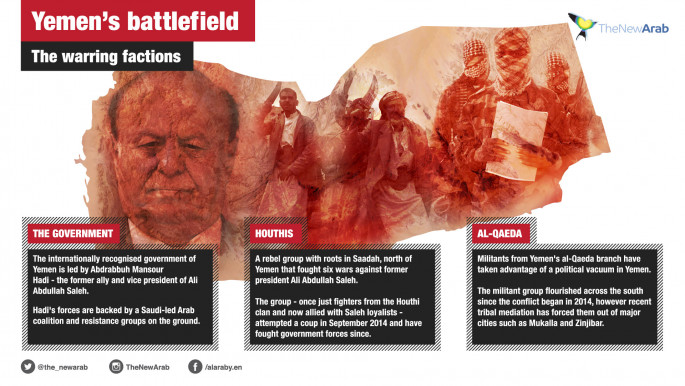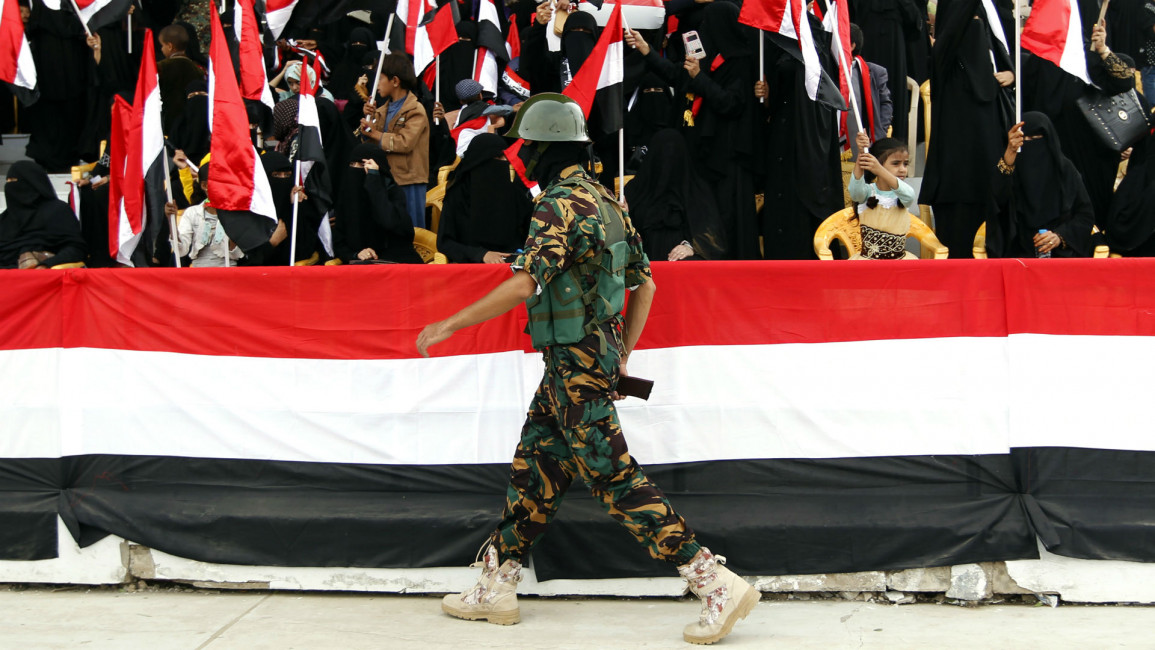What you need to know about Yemen's 'forgotten conflict'
Here are key details you should know so far:
Saudi-led coalition intervention
On March 26, 2015, Saudi Arabia began Operation Decisive Storm with airstrikes on Houthi rebels after forging a coalition of nine Arab countries to shore up the government of President Abed Rabbo Mansour Hadi.
Hadi fled to neighbouring Riyadh after the rebels overran the capital Sanaa and swathes of the country in September 2014, and has only returned on a number of occasions to oversee military operations.
A few months later coalition special units were deployed in Yemen, including the southern port city of Aden which hosted troops from the United Arab Emirates.
On April 17, 2015 UN chief Ban Ki-moon called for an immediate ceasefire in Yemen, two days after world powers imposed an arms embargo on the rebels and demand they relinquish territory seized in a sweeping offensive.
Aden 'liberated'
On July 17, 2015 the government announced it had "liberated" the southern province of Aden, its first major victory against the Houthis. Local loyalist fighters, along with government forces and United Arab Emirates troops drove the rebels out after months of intense clashes.
Since the liberation, Aden has seen an increase in assassination attempts and bombings that have been claimed by al-Qaeda and Islamic State militants.
Loyalist troops backed by Saudi-led coalition airstrikes struggled to maintain control over southern provinces due to an influx of fighters from Yemen's al-Qaeda and the Islamic State group branches.
Tough counterattacks
In February 2016, Saudi Arabia said Yemeni government forces recaptured "more than three-quarters" of the country.
Despite this, coalition casualties continued to mount, including 67 soldiers killed in a rebel rocket attack on September 4, 2015.
For the first time since the conflict began, Houthi rebels destroyed an Emirati vessel which Abu Dhabi maintains was a civilian ship on October 1, 2016.
On October 15, 2016 the US announced suspected Houthi missiles were fired at its navy vessels along the Red Sea, however no damage was made.
Fruitless peace talks
Five prior attempts by the United Nations to clinch a truce in Yemen failed on all ocassions, and a diplomatic rupture between Riyadh and Tehran in January 2016 throws up a fresh hurdle for the regional-rivals.
A truce declared in conjunction with the start of peace talks in Kuwait was hardly observed and eventually collapsed as the negotiations ended in August with no breakthrough.
Since then fighting has intensified and clashes have raged throughout much of the country, including along the Saudi-Yemeni border.
Jihadist threat
Al-Qaeda and the Islamic State group have exploited the power vacuum created by the conflict in Yemen to expand their presence in the Arabian Peninsula, particularly in the south and southeast of the country.
In mid-August, loyalist forces entered Zinjibar, the capital of the southern Abyan province, as part of an offensive to recapture the province from al-Qaeda militants.
The Arab coalition which backs the Yemeni government against the Houthis has turned its sights on the militants, and the United States has pressed its drone war against them since 2009.
Humanitarian toll
Civilians have paid the highest price in the impoverished country.
More than 10,000 have been killed - more than half of them civilians - while another three million are displaced and millions more need food aid, according to figures by the UN.
An October 8 coalition airstrike killed more than 140 people and wounded at least 525 at a funeral in the Houthi-held capital Sanaa, according to UN estimates.
The coalition, after denying any responsibility, admitted that one of its planes "wrongly targeted" the funereal based on "incorrect information".
Earlier this month the World Health Organisation reported an outbreak of cholera in Yemen and warned that the scarcity of drinkable water has worsened the hygiene situation in the country.
Nearly three million people in Yemen are in need of immediate food supplies, while 1.5 million children suffer malnutrition, including 370,000 enduring very severe malnutrition that weakens their immune system, according to UNICEF.



